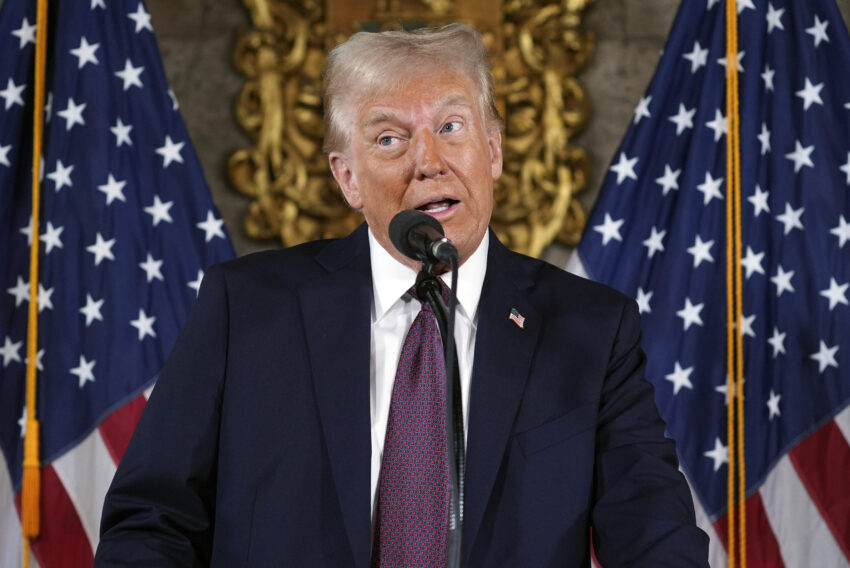Additional icebreakers and the acquisition of Greenland are particularly attractive prospects now that the United States is constructing more rare earth mineral processing plants — part of the recent American push to lessen its reliance on China.
Not a new idea
The United States has long been interested in obtaining Greenland, considering making a bid for the North Atlantic island in 1867, when it also purchased Alaska from Russia.
According to Plitsas, this dependency on Beijing is “not sustainable given geopolitical realities.”
The US already has such arrangements with Pacific island nations such as Palau. Those compacts require Washington to provide financial assistance to the freely associated countries, and also extends the right to work and live in the United States to island citizens as “habitual residents.”
“With the increasing demand for electric vehicles, renewable energy systems, and advanced electronics, the United States heavily relies on critical materials to drive innovation and maintain its global economic competitiveness,” the Wilson Center wrote in a 2023 report.
Meanwhile, synthetic real earth elements created in labs, in Plitsas’ words, “don’t perform as well, which leaves the US vulnerable on the defense manufacturing side as tensions with China have continued to rise in recent years.”
“That’s the plan!” Waltz promised on Dec. 24.
“Warming has led to more freedom of navigation in the Arctic,” Plitsas said.
But with the US home to just 1.3% of the world’s rare earth minerals — compared to China’s up to 70% — “now we need to source those rare earths from somewhere to process at home … which does give Greenland some appeal, because it could be a source of rare earth minerals,” Baskaran said.
“There’s flexibility in discussing the best means to strengthening America’s security, so I think it’s fair to say there’s more than one option,” the person said.
The competition over the Arctic has grown more fierce in recent years due to climate change, which has led to melting of the ice caps that previously made resources nearly impossible to reach.
“They never got anywhere,” former national security adviser John Bolton told The Free Press of nascent negotiations in an interview published last week, “because Trump talked about everything publicly, and the whole thing blew up.”
“In the Arctic where we will compete for natural resources, #Coast Guard needs more than one icebreaker! Russia has dozens!” he posted to X in 2017.
The problem has long vexed some Republicans, including Rep. Mike Waltz (R-Fla.), Trump’s designated national security adviser.
“The main point here is that Greenland status should be a tremendous decision, what kind of state we would like to be and also who we should cooperate with and our nearest allies, which you know, we have been under the Danish,” Fencker said.
“In regards to ownership, we can disagree here quite a lot, because we are working on creating a sovereign country which is Greenland, and we want to create the state of Greenland,” Fencker said, adding that the territorial government may be willing to work with the US on a free association agreement.
The US is currently locked in a three-cornered fight with China as well as Russia over the Arctic region’s natural resources — such as lithium, cobalt and graphite, according to the Wilson Center, a foreign policy-focused think tank in Washington.
“Why? A few critical reasons,” a source close to the Trump transition efforts told The Post on Tuesday when asked about the president-elect’s goal. “Sending a strong, deliberate message to Beijing. Not just talk. Action. Making America Ambitious Again.
“And the president-elect is laying out the early framework of the ‘Trump Doctrine.’”

